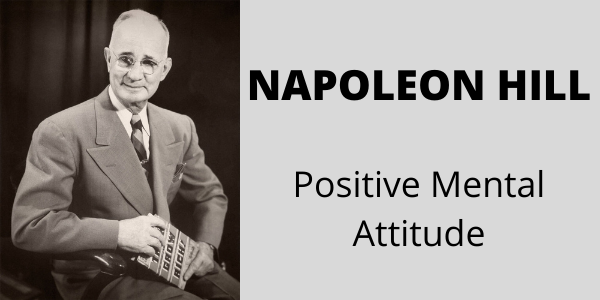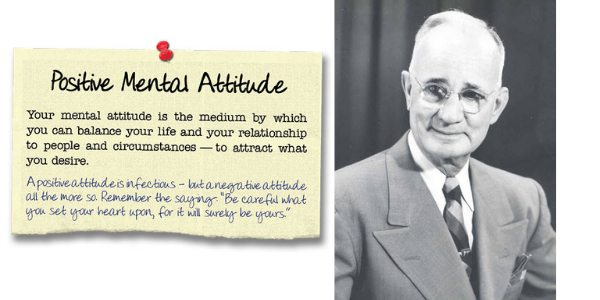Introduction When stress builds up, most people try to think their way out of it. They analyze, rationalize, and replay situations in their head, hoping clarity will bring relief. Unfortunately, the mind often amplifies emotional chaos instead of calming it. This is why logic alone rarely works during moments of anxiety, overwhelm, or mental fatigue. The body, however, responds faster than thought. Neuroscience shows that physical sensations send direct signals to the brain, influencing emotional states almost immediately. When you change your body’s signals, your nervous system follows. This is why small physical actions—done intentionally—can create instant shifts in mood, focus, and confidence. These physical micro-habits do not require discipline, motivation, or preparation. They are simple, subtle actions that work even when your mind feels tired or overloaded. By engaging the body first, you allow the mind to settle naturally. Below are seven science-backed micro-habit...
Introduction
The seventh principle of Napoleon Hill's 17 principles of success is the Positive Mental Attitude. A positive mental attitude can clear away all the hurdles which come and stand between a person and his/her major goal of life. It stands on the top of the entire list of the twelve great riches in life and will provide you the master key to success.
Steps to keep your mind positive
1. To get along peacefully with people, one should learn to adjust to their state of mind, and to abstain from taking notice of insignificant situations, thus avoiding small controversial incidents.2. To keep your mind positive under all circumstances, establish a fixed system of conditioning your mind for yourself while starting your day.
3. Selling yourself to other people is an art, which must be learned including leading questions to bring out desired reactions from others. Do not allow yourself to be drawn into an argument over an insignificant subject.
4. The habit of having a good-hearted laugh whenever you get angry or irritated especially if you begin each day with hearty laughing for a minute changes your brain’s chemistry and gives you a start with a positive mental attitude.
5. Start each day with an expression of gratitude for all the adversities, defeats, failures you have experienced in the past, and search for the seed of an equivalent benefit, that these things have yielded through time. Then give thanks for the blessings you expect to receive during the day.
6. Concentrate on the ‘can-do’ part of your problems & desires and act on it. You can always do something no matter what your problem is.
7. Whenever there are unpleasant circumstances, transmute them into instantaneous action which requires a positive mental attitude. Learn to transmute all unpleasant circumstances into immediate action which calls for a positive mental attitude such as switching your mind to your hobby or major goals in life. Keep it busy with that activity, for 5 minutes.
8. Make every circumstance; pleasant or unpleasant, that influences your life, pay you dividends in one form or another. Your strength grows out of your struggles.
9. Your life is a continuous process of learning from your experiences; good and bad and be alert for gains of wisdom, hidden in both your pleasant and unpleasant experiences.
10. Begin self–improvement of yourself towards being more open-minded, patient, and generous towards others, and then if you choose, you can try to make the world over to fit your pattern.
11. Recognize the fact you are blessed with complete control over your mind and express the gratitude of it twice daily and pray to receive guidance to use this profound gift in your thoughts and actions.
12. Appreciate the good qualities of people you live and work with enthusiastically without mentioning their negative qualities. This will result in other's concentrating on your good qualities.
13. Self–examine yourself on being criticized to determine if it is justified which will help you in making startling discoveries about yourself.
14. Refrain from accepting anything which you do not desire, from life or anyone else. Mahatma Gandhi used the simple method of passive resistance and was proven more powerful than the British Empire.
15. There are mainly two kinds of circumstances causing stress;
A) Those you can do something about,
B) Those you can do nothing about.
12. Appreciate the good qualities of people you live and work with enthusiastically without mentioning their negative qualities. This will result in other's concentrating on your good qualities.
13. Self–examine yourself on being criticized to determine if it is justified which will help you in making startling discoveries about yourself.
14. Refrain from accepting anything which you do not desire, from life or anyone else. Mahatma Gandhi used the simple method of passive resistance and was proven more powerful than the British Empire.
15. There are mainly two kinds of circumstances causing stress;
A) Those you can do something about,
B) Those you can do nothing about.
Some Practical Tips
1. Engage your mind in thinking about your utmost desire so that there is no time left for you to waste on thinking about things that do not matter to you.
2. If you feel sorry for yourself, make a habit of looking around to find someone who is in a worse condition than you and then, help him/her. Remember, whatever you do to/for someone else, you do it to/for yourself.
3. Choose, work and emulate a person like whom you want to be. Great people have always worshipped a hero, but they choose the right kind of people to emulate.
4. Cultivate that tone of your voice, that whatever you say sounds pleasing. Other people look into your soul through the open window of the sound of your voice. You can record samples of your voice daily while practicing the art of expressing yourself using a friendly-sounding voice.
5. Finally, write the sentence mentioned below and paste it where you work and on your mirror in your home where you see yourself.
‘Whatever the mind can conceive and believe, the mind can achieve. You are the only person who can provide you with a positive mental attitude. What are you going to do about it?’
Your entire future rests on your answer to this question.
2. If you feel sorry for yourself, make a habit of looking around to find someone who is in a worse condition than you and then, help him/her. Remember, whatever you do to/for someone else, you do it to/for yourself.
3. Choose, work and emulate a person like whom you want to be. Great people have always worshipped a hero, but they choose the right kind of people to emulate.
4. Cultivate that tone of your voice, that whatever you say sounds pleasing. Other people look into your soul through the open window of the sound of your voice. You can record samples of your voice daily while practicing the art of expressing yourself using a friendly-sounding voice.
5. Finally, write the sentence mentioned below and paste it where you work and on your mirror in your home where you see yourself.
‘Whatever the mind can conceive and believe, the mind can achieve. You are the only person who can provide you with a positive mental attitude. What are you going to do about it?’
Your entire future rests on your answer to this question.


Comments
Post a Comment
Please do not add any spam link in the comment box